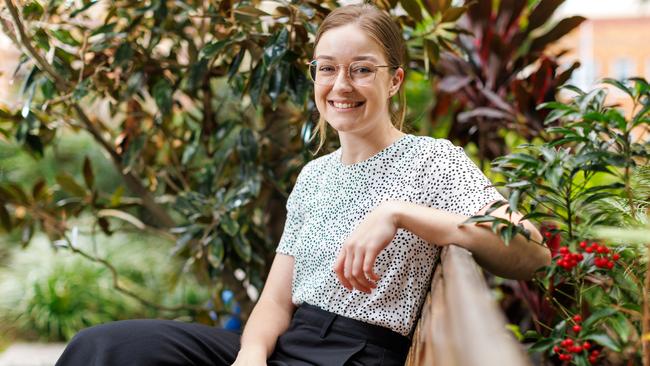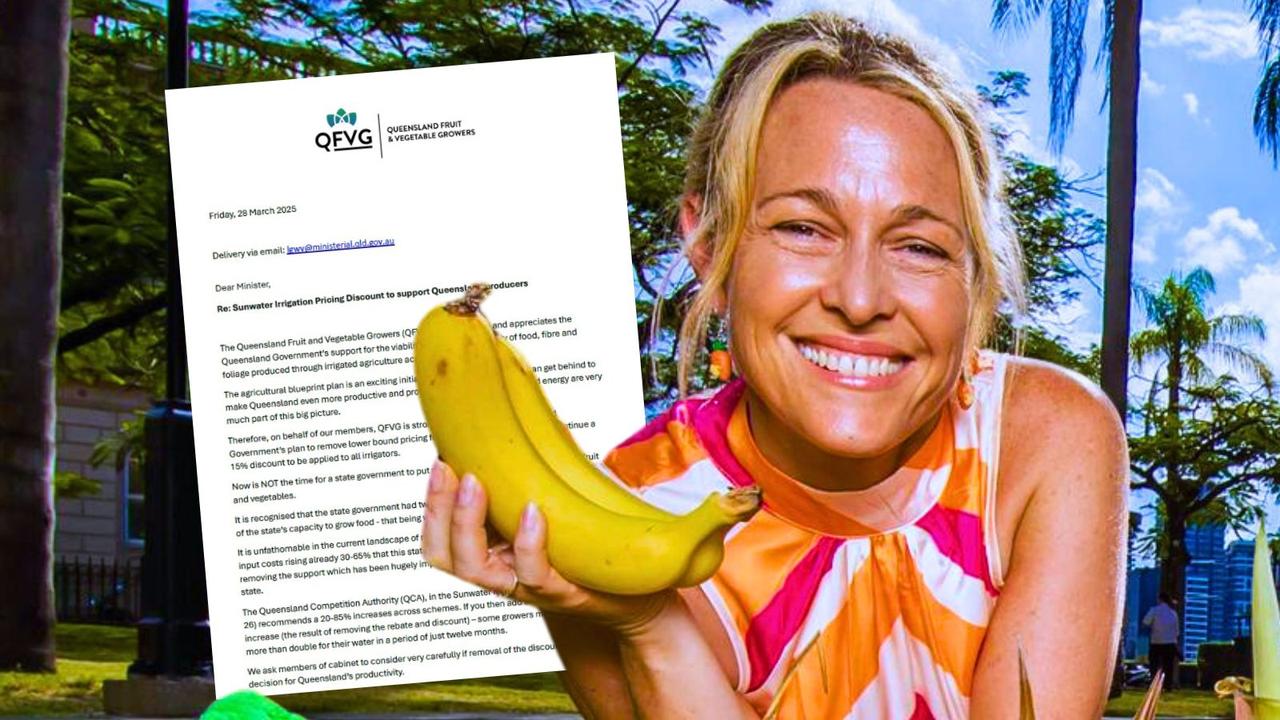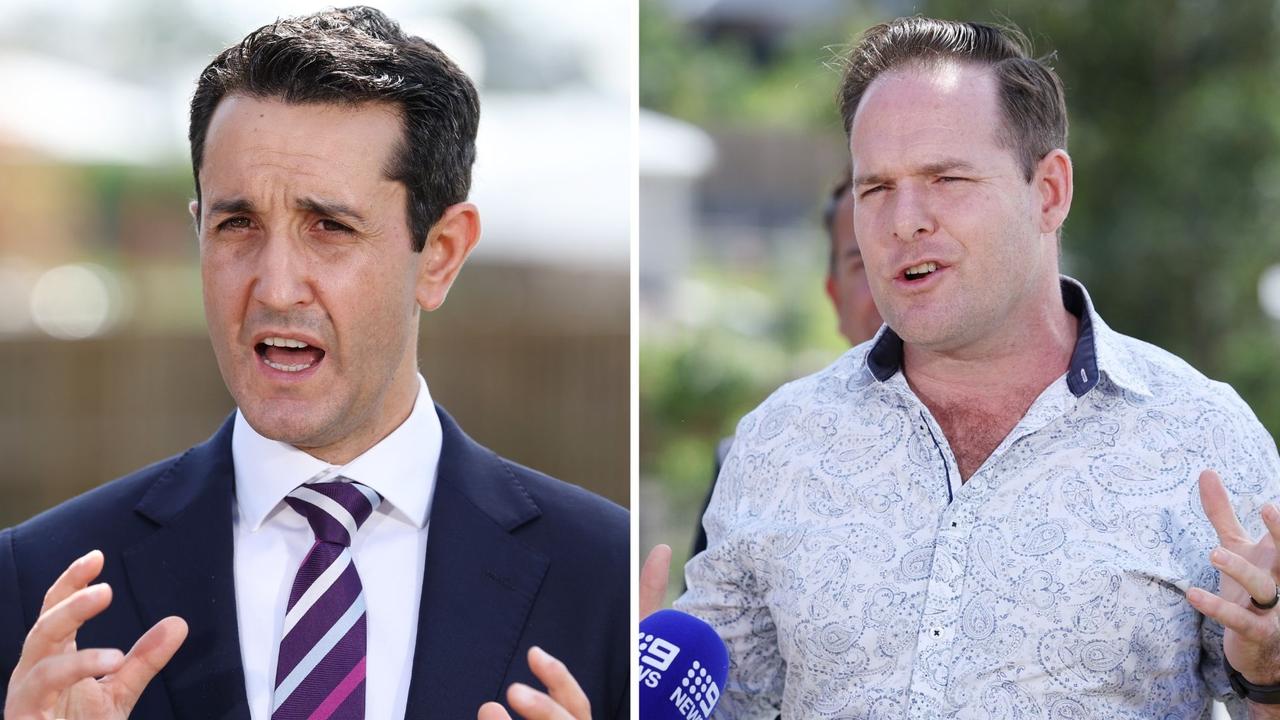Stroke survivor kickstarts campaign for co-ordinated medical care
A revolutionary one-stop shop for stroke care is set to transform patient rehabilitation with its co-ordinated, cutting-edge program.

Local
Don't miss out on the headlines from Local. Followed categories will be added to My News.
A groundbreaking project at a leading Brisbane hospital is being hailed as a one-stop shop for rehabilitating stroke patients who never thought they would walk or talk again.
The brainchild of Brisbane medical researcher Aleysha Martin, the allied health stroke assessment coordinates visits to a range of professional services all under one roof at Brisbane’s Mater Hospital.
Brisbane’s Irene Kinder says it’s one reason she was able to return home and put on her high heels after suffering a debilitating stroke a year ago.
The 69-year-old was at home watching TV when she suffered a rare and unexpected cerebellar stroke, which left her dizzy and unable to stand or walk.
Attending the new-wave health assessment program allowed her to be treated by co-ordinated top-notch professionals faster, with targeted treatment and weekly examinations helping her regain mobility more swiftly.

“I suspect that because of the fast diagnosis, I never had the usual signs of a stroke because I could lift my arms and didn’t have paralysis in my face,” she said. “But by the time I got to hospital, I was like a limp doll.”
“I have gone from not being able to walk to wearing my three-inch heels again. The assessments from the teams were difficult, but I knew I needed to do them to reach my goals.
“One day, the occupational therapist asked me to use tweezers to pick up snipped-up straws and put them over nails. I thought, ‘When would I ever need to do this?’ but it helped with my memory and my movement.
“I went from using a walker and then a cane, and now I’m on my own two feet within months.”
Ms Kinder’s successful rehabilitation played a part in the project being adopted for all stroke patients at the Mater.

The program also received a $100,000 Queensland Health Clinical Research Fellowship, which Ms Martin was awarded this year.
The researcher said her goal was now to implement it in acute stroke units across the state.
“I began the study after seeing patients at Mater Hospital Brisbane’s acute stroke unit having duplicated and repeated stroke assessments. Not only does this save time, but it means that patients can start rehabilitation sooner,” she said.
“Streamlining the process with a single assessment creates a more patient-centred experience with fewer repeated questions and duplicated assessments, which can be frustrating and fatiguing,” she added.
The rollout of the program coincides with National Stroke Week, which runs until Sunday.
More Coverage
Originally published as Stroke survivor kickstarts campaign for co-ordinated medical care





